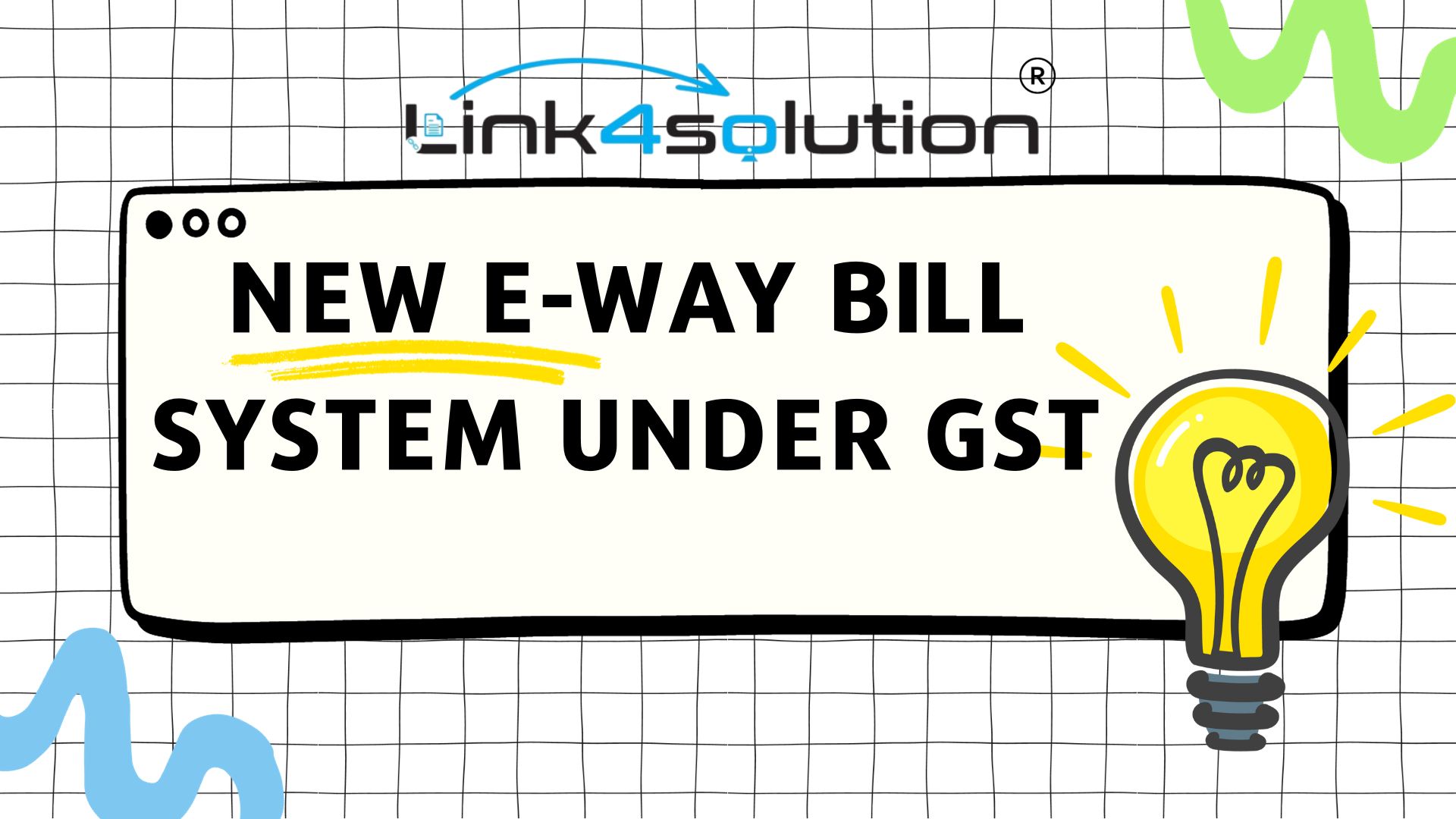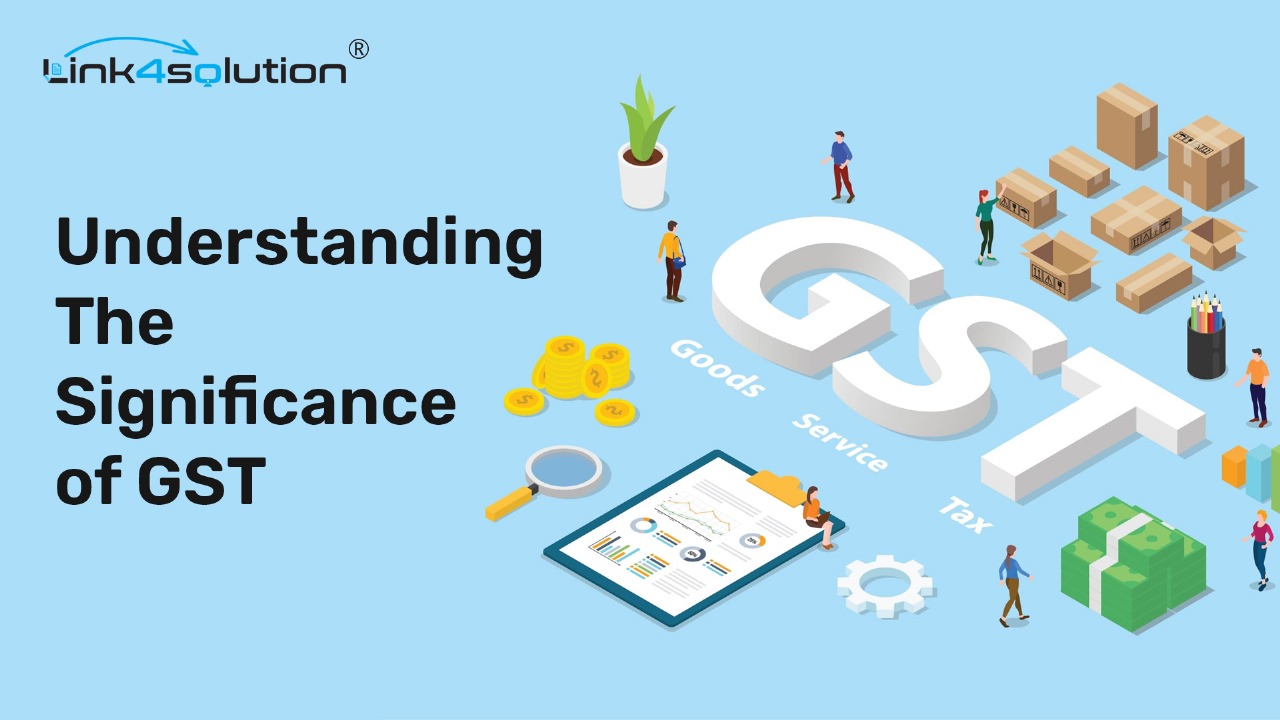E-Invoice has been operationalized since October 2020 for the taxpayers with Annual Aggregate Turn Over (AATO) above Rs. 500 Crores and eventually in a phased manner, e-Invoice generation is made mandatory for taxpayers with AATO above Rs. 5 Crores. From day-one, E-Invoice is seamlessly integrated with e-Way bill system and accordingly e-Way bills are generated along with e-Invoice. That is, during e-Invoice generation, if the transportation details are sent, the e-Waybill is automatically generated. Most of the tax payers are generating the e-invoice along with the e-way bill. However, on analysis it is found that some of the taxpayers, who are eligible for e-Invoicing, are generating e-Waybills without linking with e-Invoice for B2B and B2E transactions. In some of these cases, the invoice details entered separately under e-Waybill and e-Invoice are not matching with respect to the certain parameters. This is leading in mismatch in the e-Waybill and e-Invoice statements.
Hence, to avoid such situations, e-Waybill generation will not be allowed without e-Invoice details from 1st March 2024. This is applicable for e-invoice enabled tax payers and for the transactions related to Supplies
under B2B and Exports. However, EWBs for other transactions such as B2C and non-supplies will function as usual without any change.
Check and Balances
e-Waybill generation process will be incorporated with appropriate checks for taxpayers (Suppliers) eligible for e-Invoicing. In case of B2B and B2E (Exports), direct e-Waybill generation without e-Invoice will not be allowed for Suppliers eligible for e-Invoicing. This applies to the E-Waybill categories of Supply/Exports/SKD/CKD/Lots.
However, e-Waybill generation for transactions related to B2C and other non-Supplies will be allowed as usual. Similarly, for the E-Way Bills generated by transporter, similar check would be enforced on the Supplier GSTIN. Other operations such as Part-B updating, transporter Id updating, etc. will continue as usual without any change.
All taxpayers and transporters are requested to make necessary changes in their system so that they can adapt to the changes from 1st March 2024.




